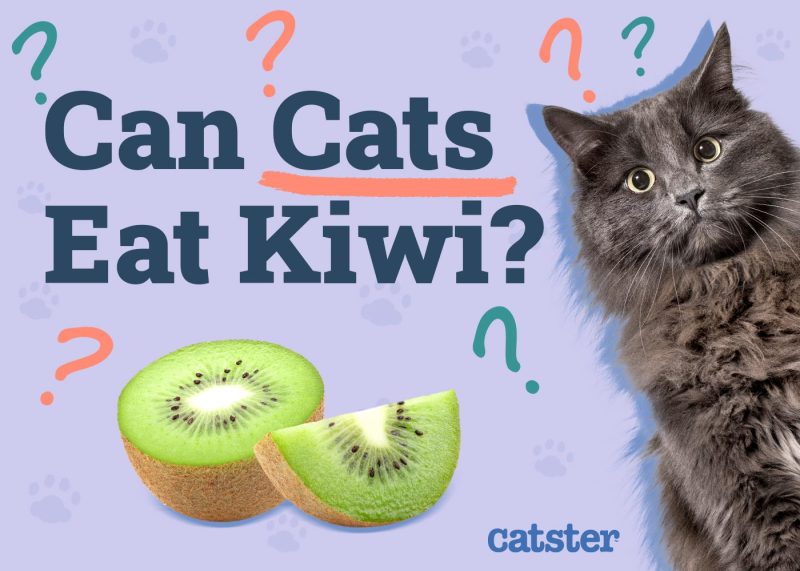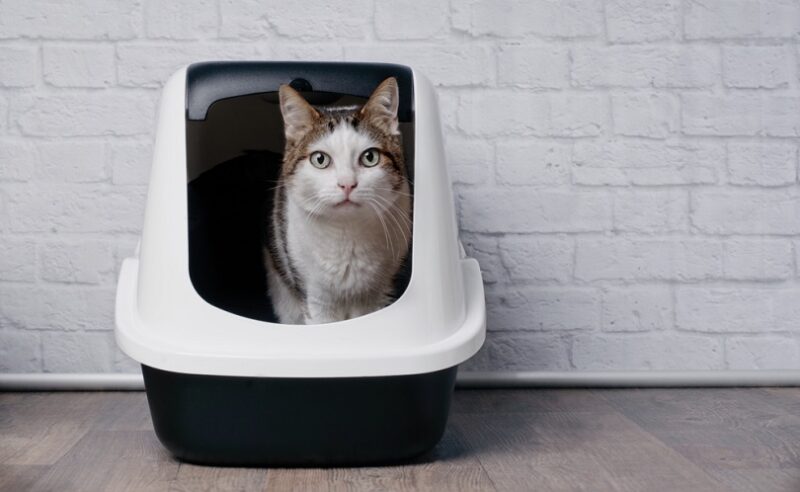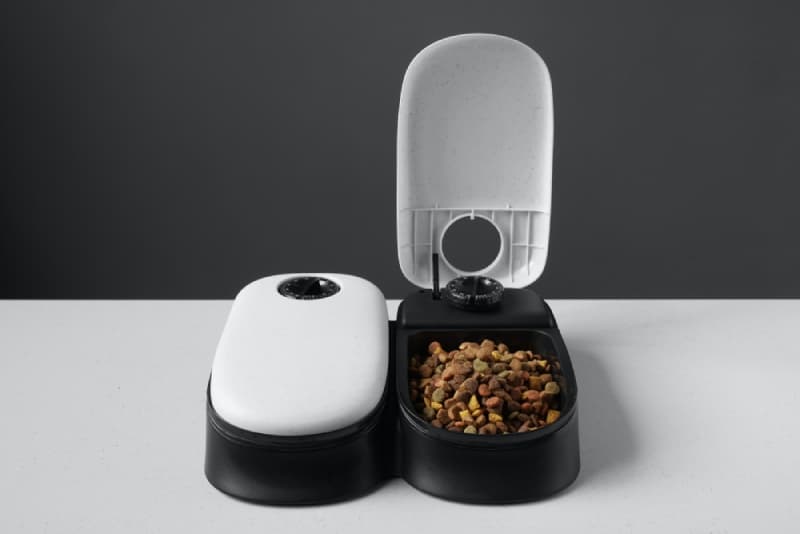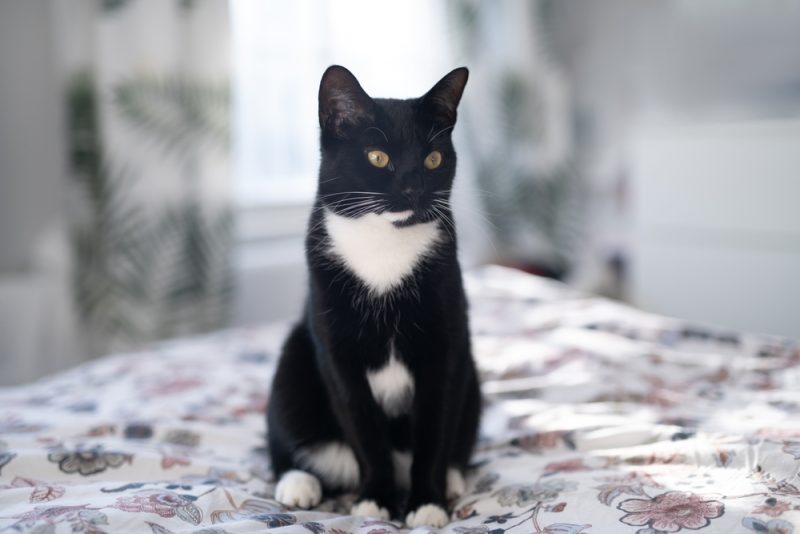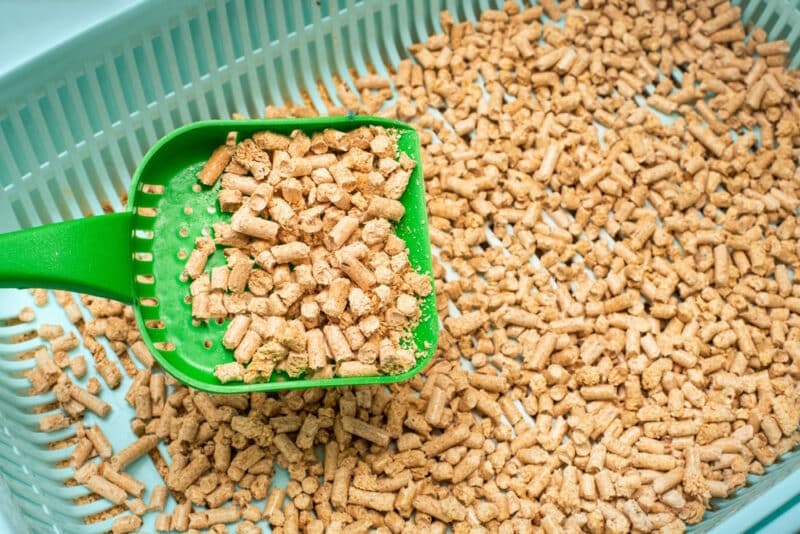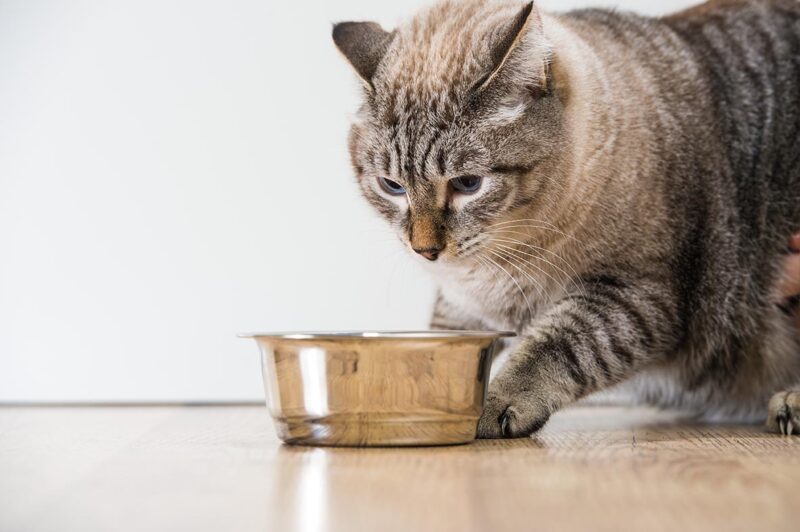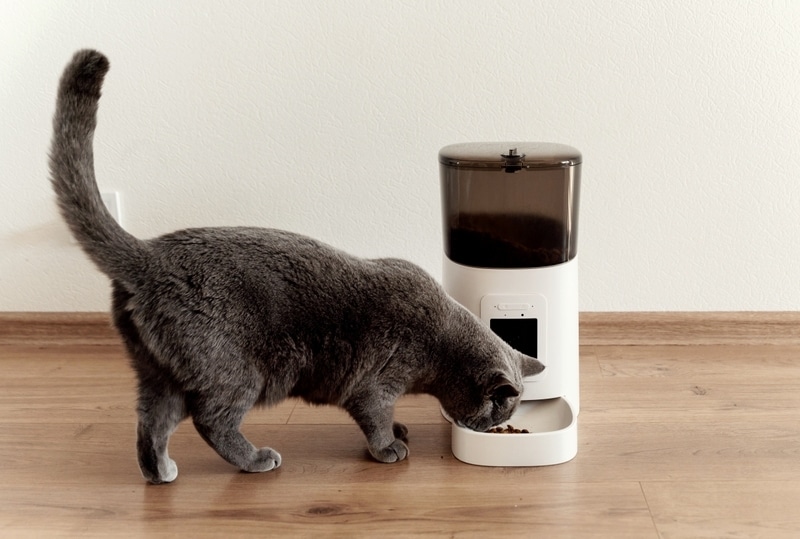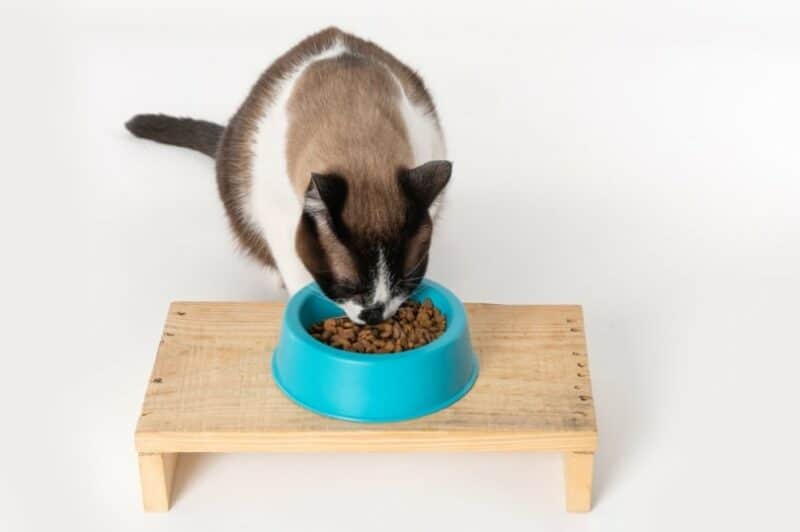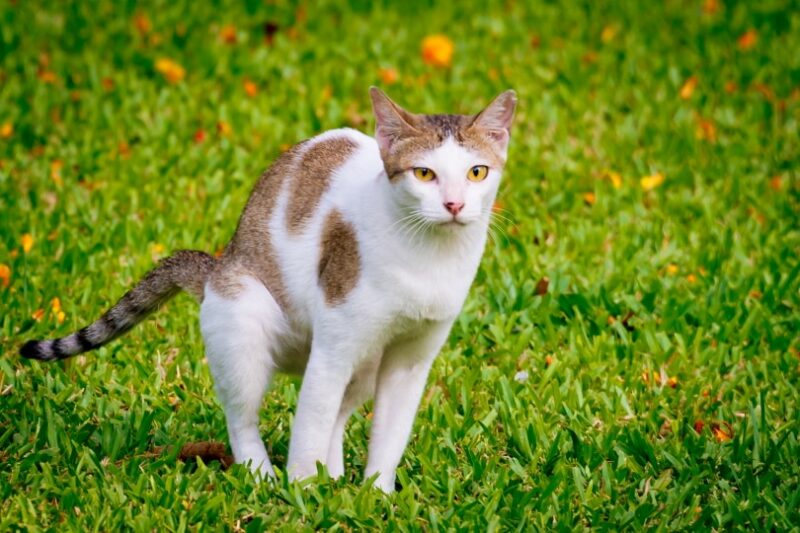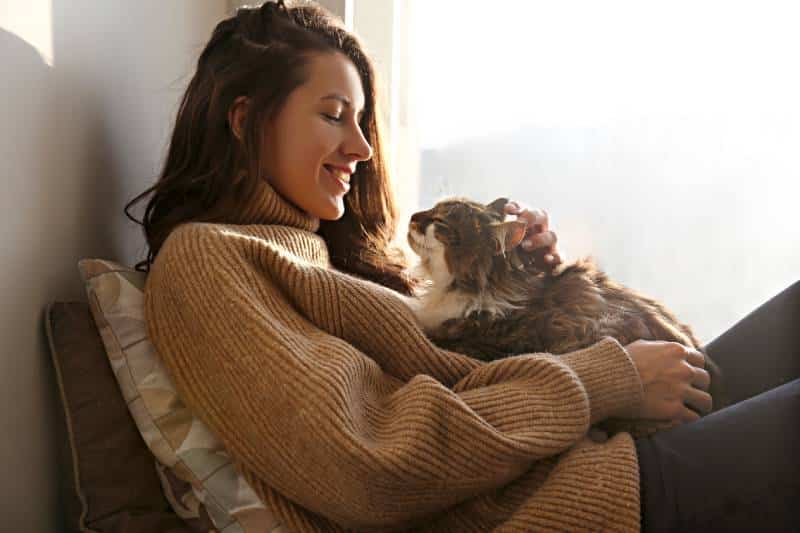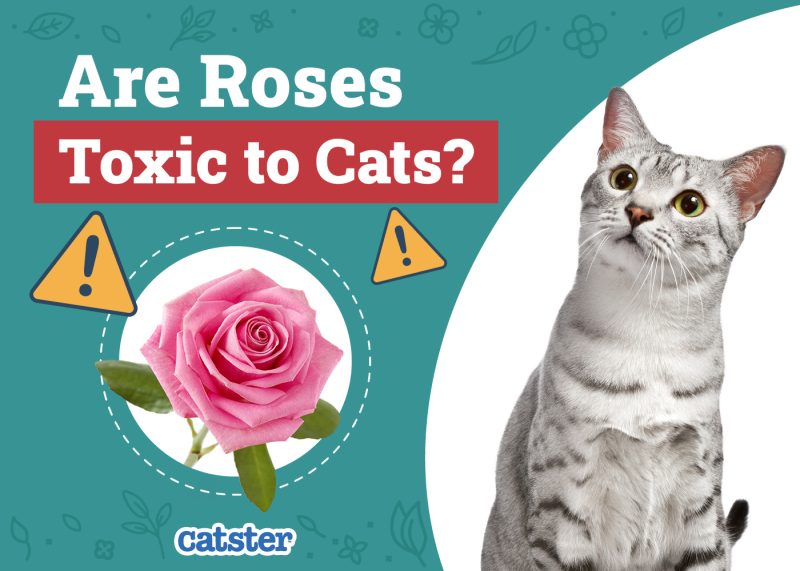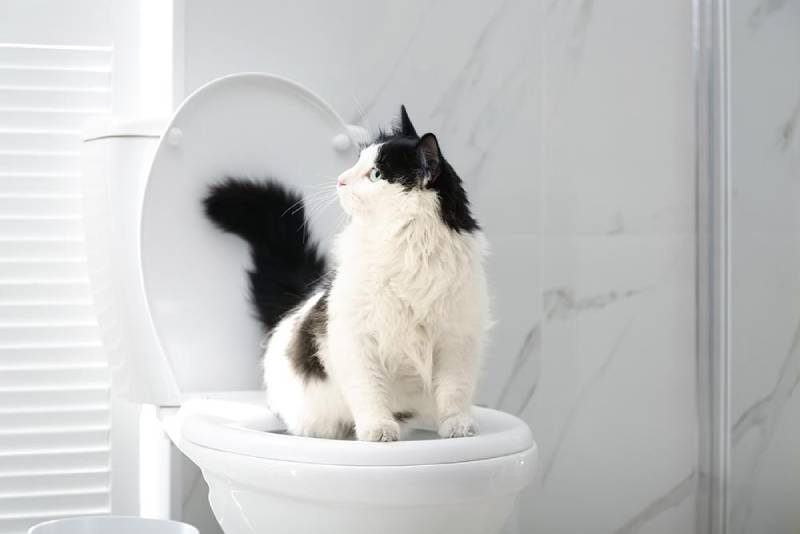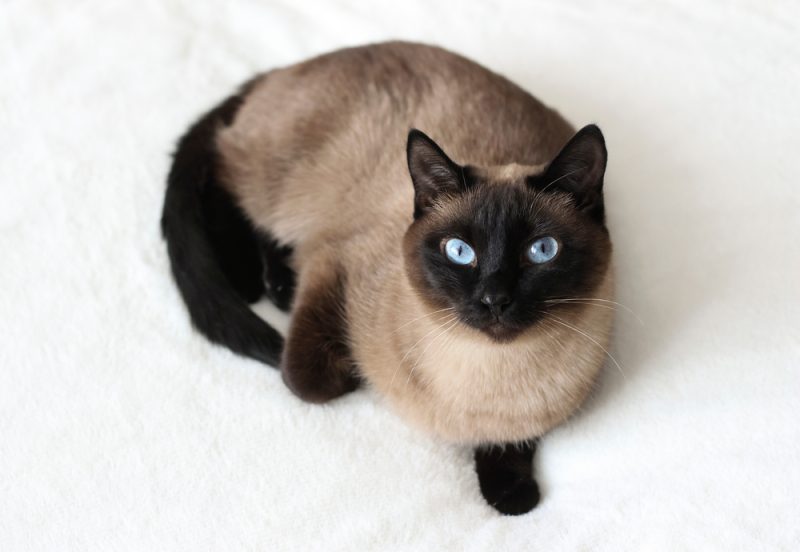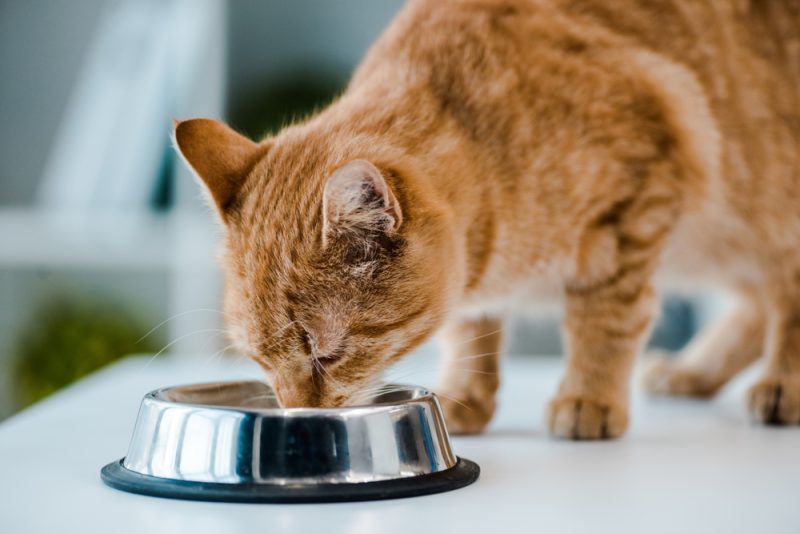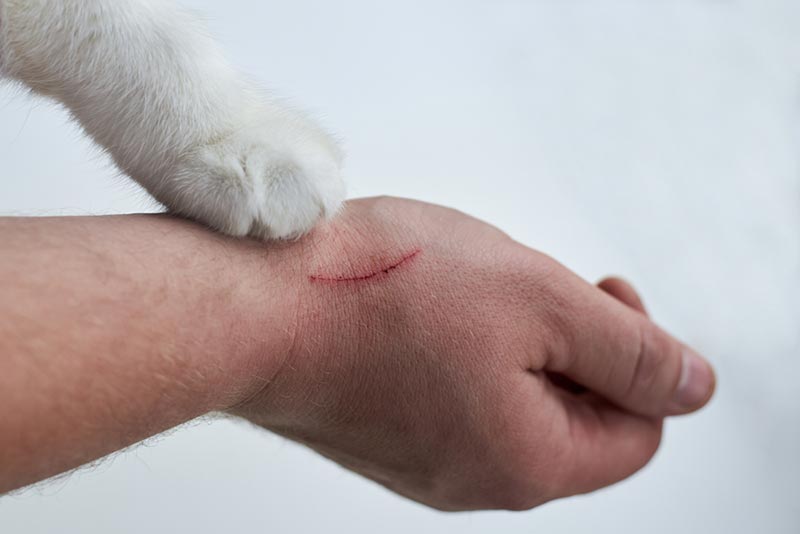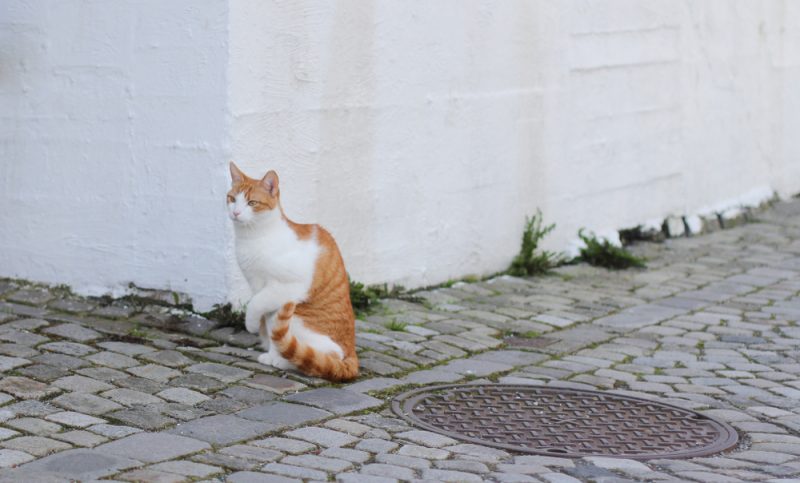Kiwi is a delicious summer fruit to enjoy in a fruit salad, smoothie, or simply on its own; plus, it has a host of nutritional benefits! In fact, it is packed with beneficial vitamins, minerals, and nutrients. You may be savoring the delicious taste only to look down and see your feline looking up at you longingly and wonder: Can cats eat kiwi?
The answer is yes, kiwi is non-toxic to them and can potentially provide some beneficial nutrients! However, it is not quite that simple. While kiwi may be non-toxic, there are still hazards to be aware of before serving it to your feline. In this article, we’ll take a look at some of the potential benefits, as well as some of the potential health hazards, of feeding kiwi to your beloved feline.

Is Kiwi Safe for Cats?
For the most part, cats can have kiwi, as long as it is in moderation and the skin is removed. Remember that cats are obligate carnivores, and while small amounts of fruit may add some benefit to their diet, they do not need fruit to survive, and fruits and vegetables should certainly not be a large part of their diet.
Cats can get all their nutritional requirements from animal proteins like chicken, fish, and beef, and fruit should be no more than an occasional treat. Interestingly, cats do not have the same taste receptors as us and thus cannot taste sweetness, so they won’t experience the delicious sweet flavor of kiwi that we love so much.
Kiwi, like any other fruit, should always be introduced slowly and in small amounts to ensure your cat has no allergic reactions. Therefore, it is safest to always reach out to a veterinarian before you try to add kiwi to your cat’s diet.
Need veterinary advice but can't get to the clinic? Catster recommends PangoVet, our online veterinary service. Talk to a vet online and get the answers and advice you need for your cat without having to leave your living room — all at an affordable price!

Potential Benefits of Giving Kiwi to Your Cat
As mentioned already, kiwi is perfectly safe for cats in moderation. But are there any health benefits in giving them such small amounts? There are certainly health benefits to giving your cat small amounts of kiwi, as they are packed full of minerals and vitamins.
Kiwi is a healthy source of fiber that may aid your cat’s digestion and is packed with calcium, potassium, lutein, and zeaxanthin. Kiwis are also low in calories and high in moisture, which can help keep them hydrated on hot summer days.
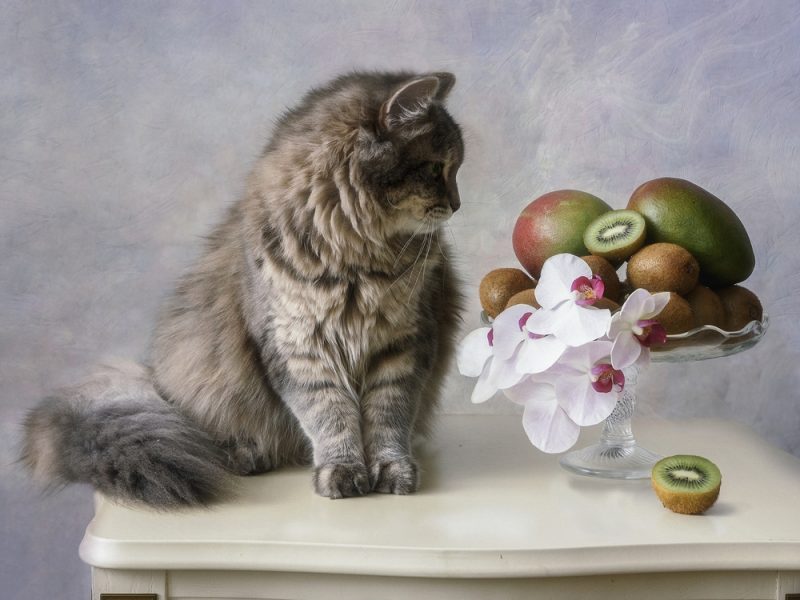
Potential Hazards of Giving Kiwi to Your Cat
The first factor to be concerned with when giving your cat Kiwi fruit is the high sugar content. While kiwis are low in calories, they are high in sugar, which is a real concern for your cat. Kiwis contain around 9 grams of sugar and 14.6 grams of carbohydrates per 100-gram serving, which is far too much for your cat to consume.1
Too much sugar can predispose to obesity over time, which may increase the risk for chronic conditions like diabetes, arthritis, and urinary problems. While the fiber content in kiwis can benefit your feline, too much sugar will disrupt your cat’s gut bacteria, potentially leading to diarrhea. Your cat may also have an allergic reaction to the fruit.
Lastly, the skin of kiwis has very fine hairs that, if ingested, can cause irritation to your cat’s mouth, throat, and digestive tract, so make sure they are skinned first and that none of the hairs remain on the fruit. The skin can also be a potential choking hazard.
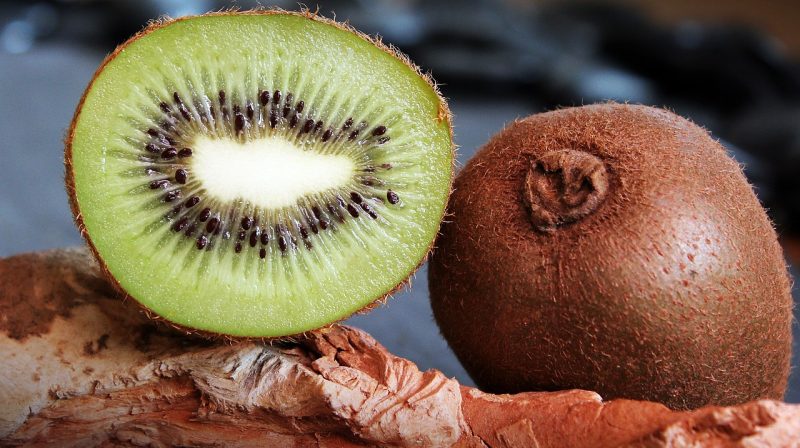

What Fruits Are Good for Cats?
As cats are obligate carnivores, they do not need fruit in their diet, but several fruits provide benefits, and they may enjoy them occasionally. These include:
- Bananas
- Apples
- Blueberries
- Watermelon
- Strawberries
- Lychee
While the fruits mentioned above are fine to give your cat in moderation, there are some fruits that you should avoid altogether. These fruits are toxic to cats and may even be fatal:
- Cherries
- Grapes and raisins
- Lemons
- Grapefruit
Learning about what your cat can and cannot eat is a crucial part of keeping them happy and healthy! Choosing a bowl to serve cat-friendly foods in is another important decision pet owners face. Satisfy the specific needs of your cat with the innovative design of the Hepper NomNom Cat Bowl. Learn why it’s our (and our cats!) favorite food and water dish here. At Catster, we’ve admired Hepper for many years and decided to take a controlling ownership interest so that we could benefit from the outstanding designs of this cool cat company!

Final Thoughts
Kiwis are non-toxic to cats, and they can eat them in moderation without any real issues to be concerned about. If you give your cat kiwi on occasion, be sure to peel it properly first and give it to them sparingly.
Remember that cats do not need fruit in their diets and cannot taste sweetness anyway, so there is no need to give them fruit since they can get all their nutritional requirements from other species-appropriate sources. But if your cat manages to sneak some kiwi from your breakfast bowl, there is usually no reason to worry!
See Also:
- Can Cats Eat Chicken? Vet Approved Facts & FAQ
- Can Cats Eat Raw Fish? Vet Approved Nutritional Facts & FAQ
